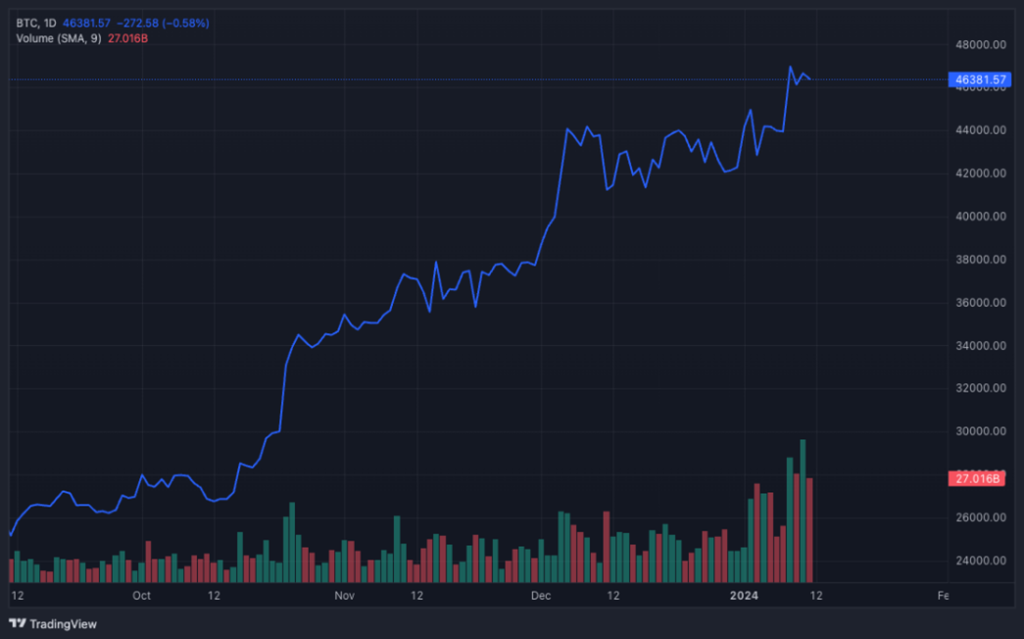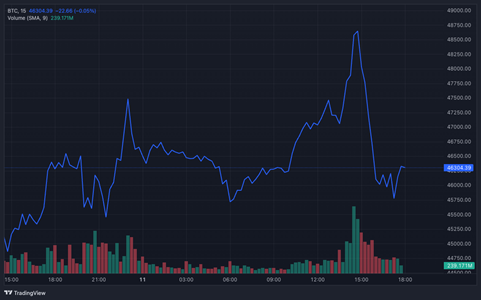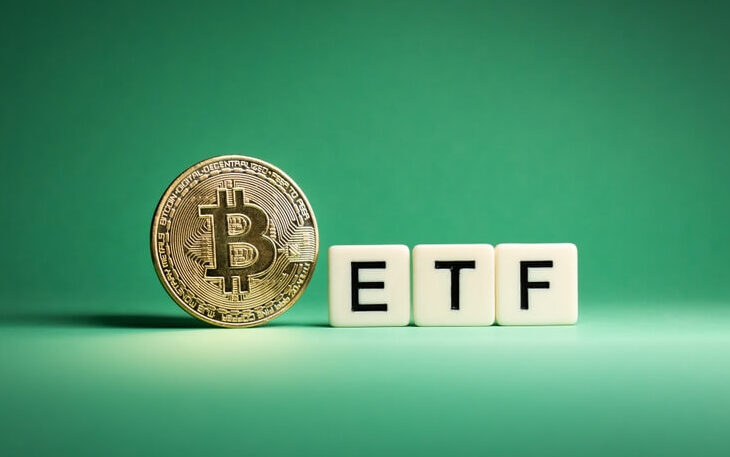Cryptocurrencies have had some interesting moments over the years.
From one of the biggest crypto heists in 2022, when $624 million in assets were stolen, to mounting legal problems for crypto pioneers like FTX founder Sam Bankman-Fried and Celsius CEO Alex Mashinsky in 2023 … there’s been no shortage of intriguing crypto news.
Last week, the Securities and Exchange Commission hit the sector with the best news it’s had in quite some time.
The SEC has finally adopted a rule that allows exchange-traded funds (ETFs) to directly hold bitcoin. So the whole Money & Markets team thought it was a perfect opportunity to make sure you have everything you need to profit in this lucrative (but volatile) space.
Let’s dive in with a short crypto primer. Then I’ll walk you through what the latest bit of news means for us from here.
A Crypto Primer
To understand what the new rule change means, it’s important to have a base understanding of what cryptocurrency is.
In simple terms, cryptos act as digital money. You can’t hold it, fold it, or see it, but you can spend it … kind of.
The biggest difference between cryptos and your debit card stories is that cryptos don’t require any bank or financial institution to verify your transaction.
That debit card you used to buy groceries has a bank or credit union’s name on it — they are the ones verifying the transaction.
With cryptos, transactions are verified via a blockchain. This is a digital ledger of sorts that tracks and records assets and trades … and it cannot be changed.
It’s a digital record of who had something, who bought something and how much they paid for that something.
Another big difference between cryptos and traditional currencies is acceptability.
The U.S. dollar is considered the world’s reserve currency. This means that central banks around the world hold billions of dollars in reserve to use in international transactions.
Cryptos, on the other hand, are not as widely accepted as a form of payment.
But that’s changing…
The largest cryptocurrency — bitcoin — is accepted by many online retailers and brick-and-mortar stores such as Starbucks. Even sports teams like the Dallas Mavericks of the NBA accept bitcoin as a form of payment for tickets and merchandise.
While there is still a long road ahead, it’s clear that cryptos aren’t going anywhere.
And nothing confirms that more than the SEC’s blockbuster bitcoin ETF news.
Why the New Bitcoin ETF Rule Is a HUGE Deal
For years, investors have been able to buy bitcoin and even bitcoin futures — derivatives that track the price of the crypto.
That’s no longer the case.
Last week, the SEC approved a rule allowing ETFs to hold “spot” bitcoin. It means some ETFs can hold actual bitcoins rather than a derivative tied to the price.
It’s kind of like a gold ETF, where instead of buying actual gold bars, investors can gain exposure by buying shares of a gold fund.
Now you don’t have to buy actual bitcoin (or have a digital wallet or have an account at a cryptocurrency exchange). Instead, you can buy shares of a fund that holds bitcoin.
That opens the door to anyone curious about bitcoin, but who maybe wasn’t ready to buy actual coins.
The excitement leading up to and immediately following the rule‘s approval pushed the price of bitcoin from its recent low of $25,100 in September 2023 to more than $46,000 last week:

The intraday price movement of bitcoin was even wilder.
Bitcoin trades 24 hours a day, so price changes are constant. The SEC rule was announced on January 10.
In the hours that followed, bitcoin moved from just over $45,000 to more than $48,500 before the markets officially opened on January 11 (the right-hand side of the chart below):

But you can see that volatility was still high. The price leveled out at just over $46,000 in the afternoon.
Bottom line: Crypto bulls had huge smiles on their faces after the SEC rubber-stamped its new crypto rules.
That’s when the idea of cryptos moving more into mainstream finance got a boost.
But the price volatility that followed should tell you that the crypto waters are still difficult to navigate.
You want someone who understands this specialized market inside and out, helping you separate the wheat from the chaff (as my grandfather always told me).
That’s why I lean on my friend and colleague Ian King. Adam and I both get our crypto insights from Ian.
And if you want to do the same, keep checking back in with Stock Power Daily this week.
Until next time…
Safe trading,

Matt Clark, CMSA®
Research Analyst, Money & Markets




